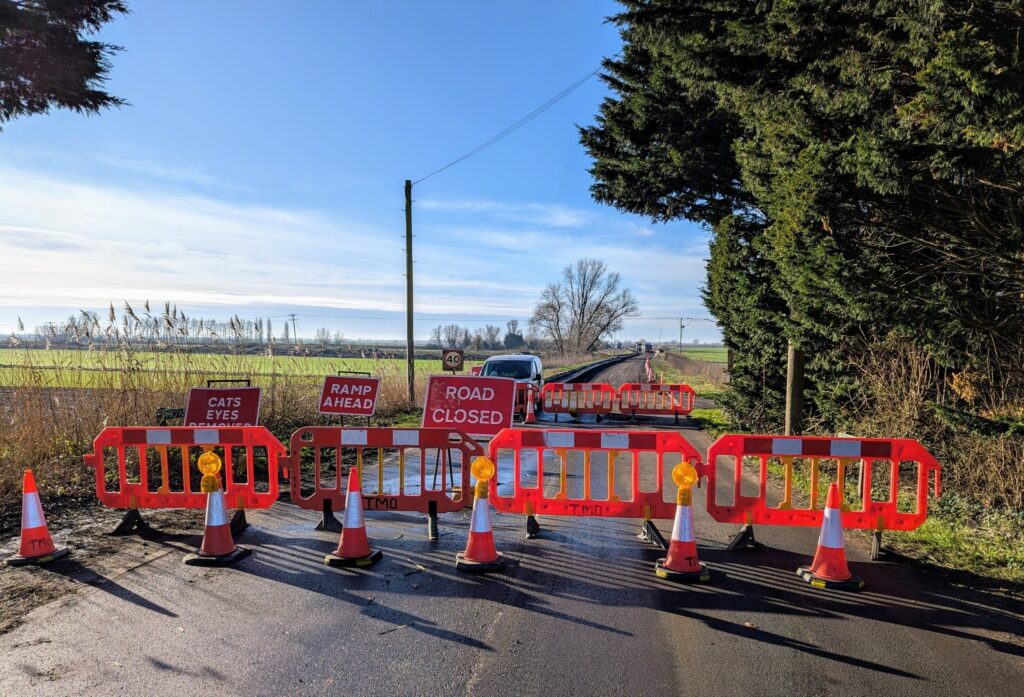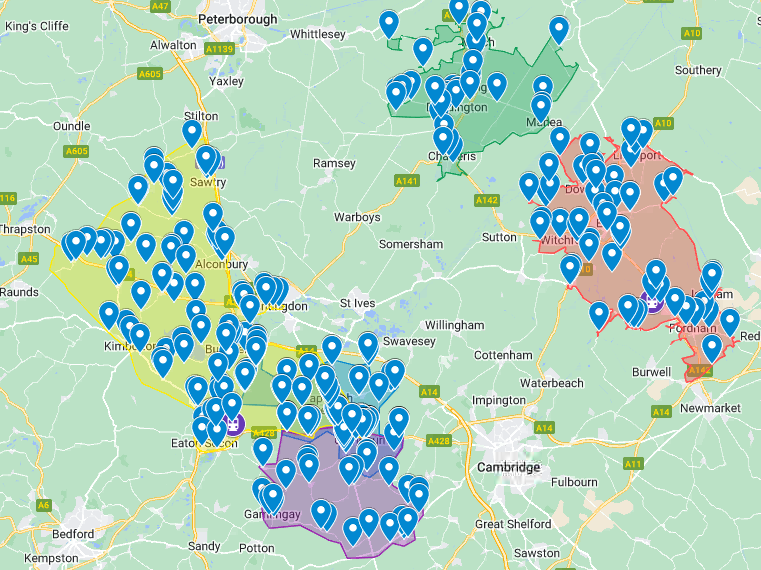
Today it was the turn of Cambridgeshire County Council’s Highways & Transport Committee to scrutinise the council’s business plan and budget for 2025/26 and the years following.
The proposed business plan includes investment of more than £56million in highways maintenance to tackle the significant backlog of repairs and address residents’ concerns. This includes:
- £14.5M in revenue for the day-to-day management of the highway. Of this, an additional £550,000 will be invested to improve how residents experience the service as customers, including replacing the twenty-year-old fault reporting system; and an additional £450,000 on drainage, flood resilience, trees, greenery, and weed management.
- £42M of capital investment, of which an additional £20M will go into planned capital maintenance of the highway—roads, pavements, drainage, bridges, safety barriers, traffic signals, public rights of way, and cycleways.
We recommended a number of priorities for extra investment: bus shelters, an increase in the Local Highways Initiative scheme, trees, drains, active travel, soil impacted roads, road markings, pothole management, and street lighting.
Committee chair Cllr Alex Beckett said: “Although we do not receive sufficient funding from Government to meet the needs of the growing population in Cambridgeshire, we are committed to ensuring the council delivers value for money in the services it provides. That is why the majority of this committee supports the proposals today.”
We also discussed and approved the council’s draft response to the East West Rail non-statutory consultation. The line was originally going to be diesel, but is now proposed to be powered by battery and overhead wires—we need to keep pressing for full electrification. The new line is bound to cut existing community ties, in the same way the A142 sliced through well-used paths and rights of way: I said we need to listen to local communities about the effects of this. The draft response pushes back on the environmental impacts of the development, including for barbastelle bats (a question I was asked at a recent Full Council meeting). And we need to make the case for good links to the railway stations by cycle, on foot, and by bus.







